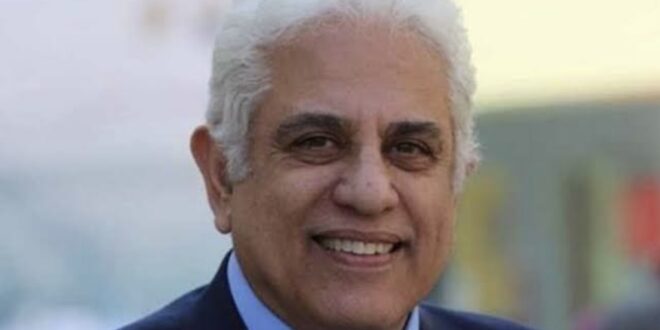In a more complex world, many people feel like they’re walking down a path without knowing where it leads. Some may seem successful on the outside but feel lost or disconnected. Material achievement alone is no longer enough. Relationships may falter, motivation may fade, and crucial decisions may become burdensome. In such moments, life coaching is a powerful tool for regaining balance, gaining clarity, and moving toward a more meaningful life.
What is life coaching?
Life coaching is a partnership between an individual seeking growth (the client) and a trained professional (the coach). The coach’s role is to help the client uncover their potential, define clear goals, and overcome internal obstacles. A life coach doesn’t offer ready-made advice or quick fixes; instead, they use active listening, insightful questioning, and structured dialogue to help clients unlock their own answers and take action.
Coaching is not therapy
It’s essential to distinguish coaching from psychotherapy. Therapy often focuses on healing past trauma and addressing psychological disorders. Life coaching, on the other hand, focuses on the present and future, helping individuals enhance their performance, make empowering decisions, and create the life they want. You don’t need to be “broken” to benefit from coaching—you only need the willingness to grow.
Do you need a life coach?
You might benefit from life coaching if:
• You feel lost or unsure about your direction in life.
• You’re facing a significant decision and feel paralyzed by it.
• You’re stuck in a routine and can’t find motivation.
• You’re outwardly successful but feel unfulfilled.
• You want to grow personally or professionally but don’t know how.
Why has life coaching become so popular?
In an age of distraction and disconnection, people are hungry for meaning, clarity, and genuine support. Life coaching offers a rare space for deep, judgment-free listening. A coach acts as a “professional thinking partner”—not to tell you what to do but to help you ask better questions and align your life with your authentic self.
An effective life coach should:
• Be certified by a reputable institution like the International Coaching Federation (ICF).
• Follow a clear ethical code and maintain confidentiality.
• Demonstrate emotional intelligence and strong listening skills.
• Create a space of trust, support, and empowerment.
There is no universal formula for happiness or success, but there is always a way back to yourself, your inner voice, and your vision of a meaningful life. Life coaching is not for the helpless—it’s for the courageous. It’s for those ready to step out of autopilot mode and start living with awareness, purpose, and intention.
Many people hesitate to try coaching because they imagine it’s too abstract or unstructured. The truth, however, is quite the opposite. A coaching session is a focused, intentional conversation to unlock clarity, action, and insight. It’s a safe space where you’re not judged or told what to do but guided gently toward your truth.
The coaching process typically begins with one essential question: “What do you want?”
This isn’t always as easy to answer as it sounds. Many people come to coaching unsure of what they truly want. A skilled coach helps them explore beneath the surface—past the “shoulds” and expectations—to identify goals deeply aligned with their values and vision.
Once the goal is clear, the coach and client begin exploring:
• What’s currently happening?
• What’s getting in the way?
• What strengths or resources can be leveraged?
• What actions can move things forward?
Unlike a consultant or adviser, a coach does not give direct answers. Instead, they ask powerful questions that encourage you to reflect and explore your thoughts in new ways.
The power of accountability
Another key aspect of coaching is accountability. At the end of each session, the client typically commits to an action—no matter how small—that moves them closer to their goal. In the next session, the coach checks in: What worked? What didn’t? What did you learn?
This rhythm of action, reflection, and adjustment creates momentum. It also trains the mind to move from passive thinking to intentional living.
Life coaching is neither a magic solution nor a replacement for therapy. It won’t resolve deep psychological trauma or fix external circumstances overnight.
What it can do is:
• Help you get unstuck.
• Clarify your direction.
• Strengthen decision-making and confidence.
• Support you through transitions.
• Build habits that align with your goals.
The best coaches won’t promise to change your life. They’ll hold up a mirror so you can change it—on your terms.
A journey of empowerment
The coaching space is refreshingly different in a world where many conversations are shallow or rushed. It’s a place of focus, presence, and possibility. It’s about becoming more intentional in your thinking, more courageous in your choices, and more aligned in your life.
If you’ve ever felt like there’s “something more” waiting for you—something better, more meaningful, or truer—coaching might help you find it.
 Dr. Hossam Badrawi Official Website
Dr. Hossam Badrawi Official Website


